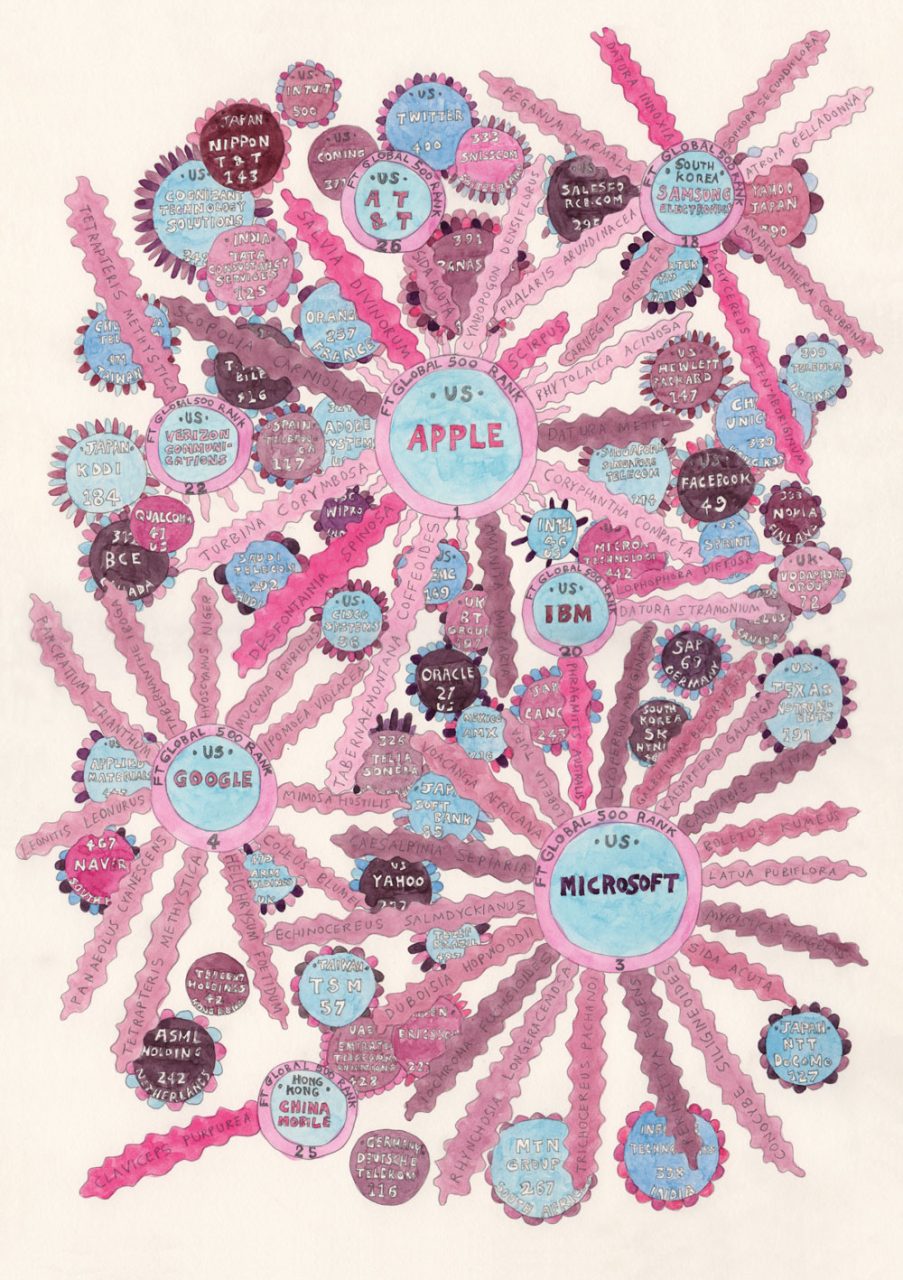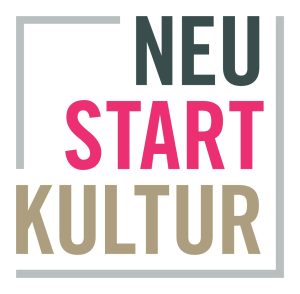19:30 Curator’s tour
20:00 Artists Tour with Threads & Tits and Nadja Buttendorf.
Other artists will be present. The announced performance is cancelled.
In a changing exhibition and in two events, the project „Which Gender Has Care?“ looks into the practical potential that the four-in-one perspective holds for the arts. Frigga Haug’s four-in-one perspective aims to develop a new, feminist perspective on labor. It identifies four types of human activity which should be evenly distributed between all individuals: wage-labor, care work (caring for oneself and others), self-care (personal development) and political work. Haug’s four-in-on concept challenges our concepts of labor, of gender-relations, of responsibility for oneself, and of our political involvement.
Curator Yvonne Zindel researches and works especially on the possibilities and challenges of digitality and sustainability. In exhibitions, salons, and event series, she explores NFTs, blockchain, and degrowth, as well as the possibilities for decolonial, anti-racist, feminist, and inclusive curation and mediation.
„Which Gender Has Care?“ will start with a focus on “wage labor” in act 1 and gradually shift towards a focus on “self-care” in act 3. Unfortunately, these two poles are tightly linked to each other in these hyper-capitalist times. This becomes evident in the work of Berlin designer duo Threads and Tits who caused some confusion at the Berlin Fashion Week in January 2023. At their „Adidas Reality Wear Show“ the audience was presented with the consequences of exploitative capitalism in the fashion industry: bruised and ailing models presented outfits discussing the bad working conditions at adidas.
Along the lines of her own family history, Nadja Buttendorf traces a technological history that seems extremely antiquated today, because it is the history of a now obsolete technology from socialist East-Europe: Robotron—a tech opera.
Jonas Lund’s The Future of Nothing comprises a number of short narratives that speculate about the consequences of automation and AI for the art world and beyond. Sebastian Körbs is interested in the future of contemporary art as well: his piece Nabla Delta looks into the distinction between art, craft, and design—and into the sublime in times of AI. OMSK Social Club’s work employs the form of a game in order to approach the spiritual. The board game The Living Virtual Theatre was designed with a view to the world wide web’s architecture. The game will be presented on 20 April with a performance.
Suzanne Treister’s series of aquarelles titled ”HFT (the gardener)“ is part of a set of drawings and computer generated pieces attributed to fictional character Hillel Fischer Traumberg (HFT).
In act 2 the works shown from 13.05. onwards deal with ”care“ in the sense of care work. Lê Mariables differentiate their approach from the concept of self-care. They examine the care they give or receive and produce a podcast about it. A bed invites the audience to relax and listen. Berenice Güttler’s tender aquarelles study the female role as the care taker, as a vessel, as an orifice. The figures depicted seem to oppose the idea to be filled.
Finally, on 10.06., further artistic positions will be exchanged and supplemented for Act 3:
bones tan jones presents Tectonic Incantations, which are based on the Chinese creation myth of Pangu. Here, self-care has to give way to radical care for the planet in order to outline a regenerative future. Lauryn Youden’s Lockdown 2020 reminds us of our all too mortal and fragile bodies that urgently need self-care—and the assumption of political responsibility.



